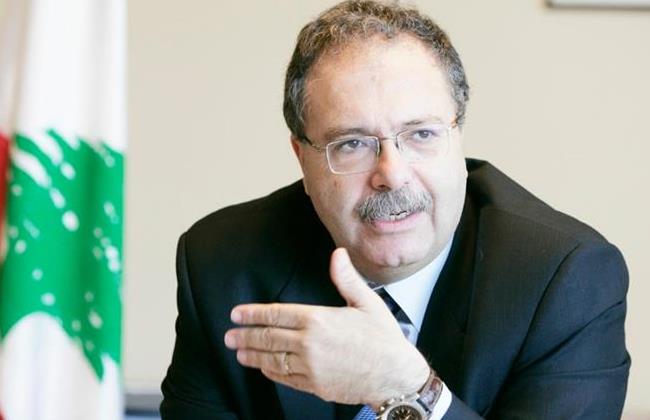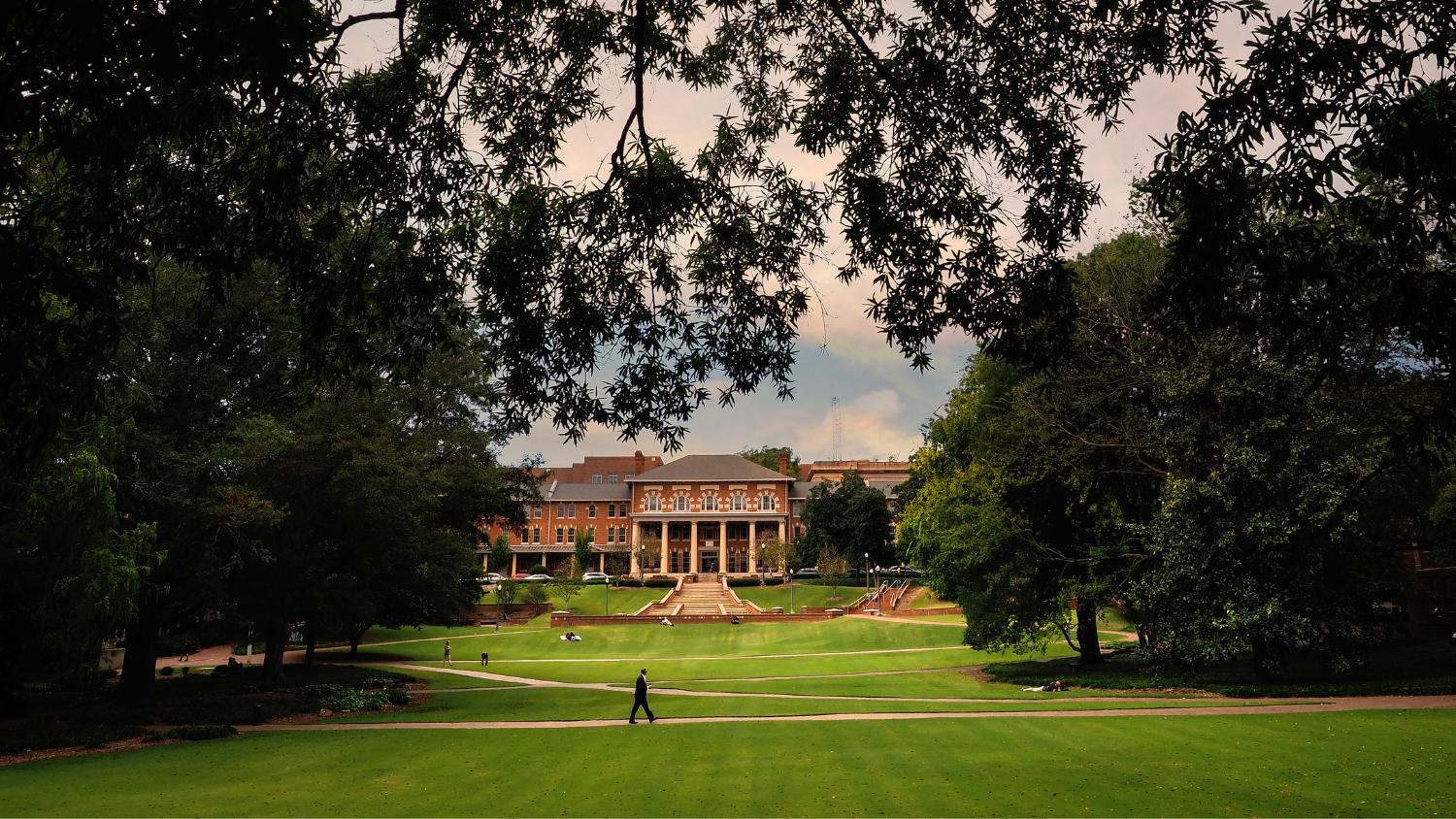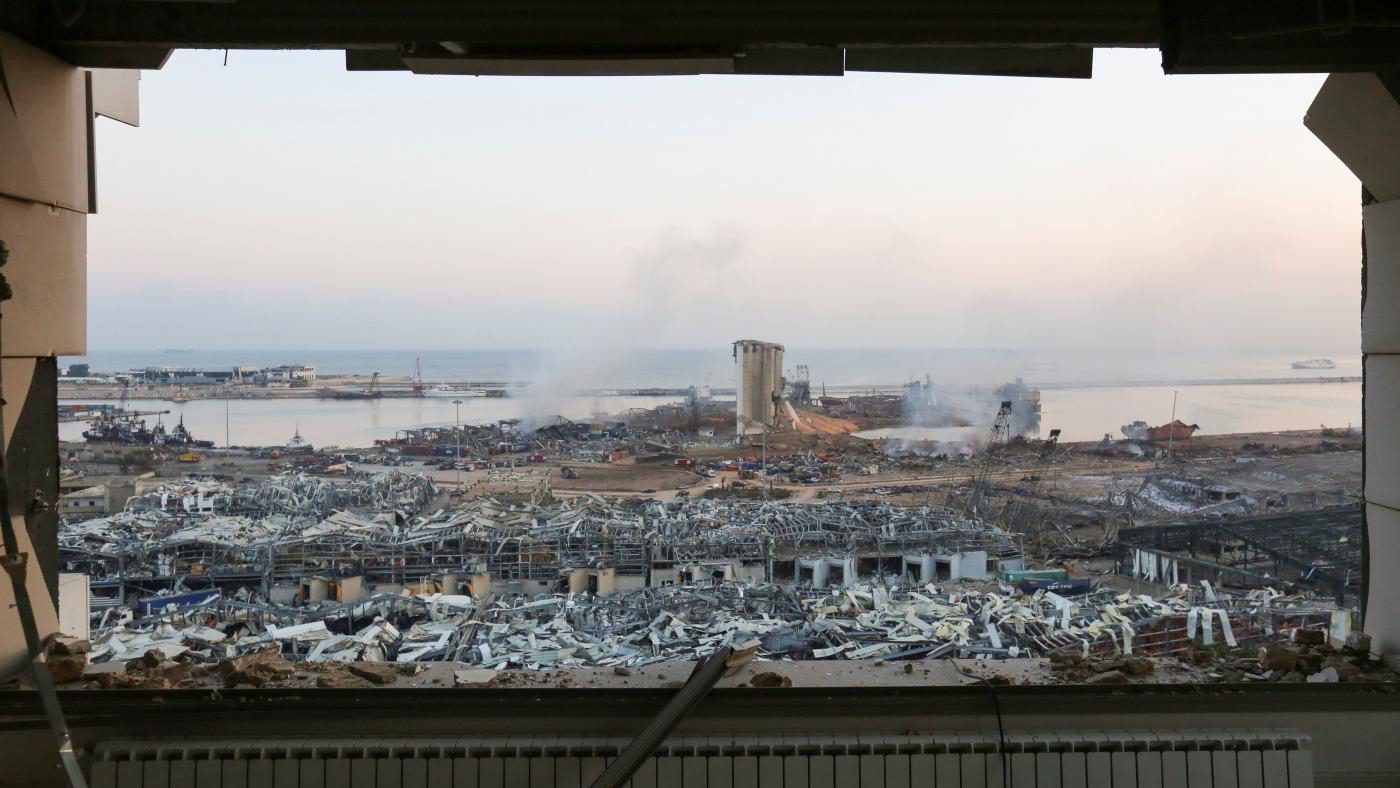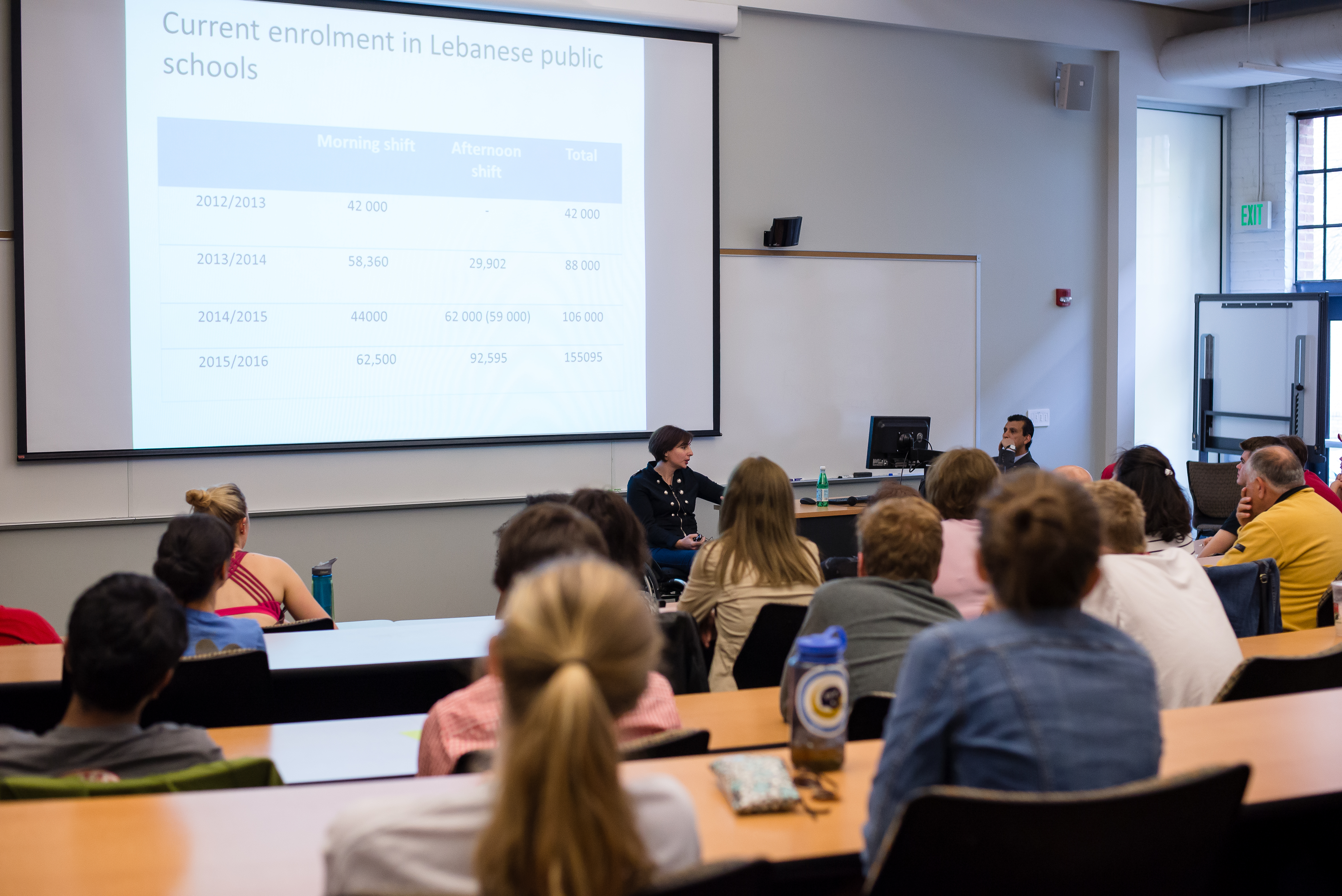How does a society create a common identity after 15 years of civil war, subsequent Syrian occupation and simmering animosities? How does a people give rise to a functioning government that serves them, when they are bereft by sectarian divisions? What balance should there be between a national singular identity and local identities? What role can art, music, film and other media play in answering these vexing questions.
These are some of the questions that Tarek Mitri explored in a lecture that looked into communal identities and ways of reconciling them with a Lebanese national identity. In addition, he examined how culture, as produced in the public space, could contribute towards transcending the communal divide and fostering citizenship.
About Tarek Mitri
Tarek Mitri received his PhD. in political science from the University of Paris X, and subsequently worked as a lecturer at Saint Joseph University in Beirut from 1982 to 1991. In addition, he served as a visiting professor in several international institutions. Currently he serves as the Director of the Issam Fares Institute for Public Policy and International Relations at the American University of Beirut.
He has extensive experience promoting Christian-Muslim relations and has published widely on the subject. Dr. Mitri was environment and administrative development minister in 2005. He also acted as acting foreign minister before the cabinet formed by Fouad Siniora in 2006. He was appointed information minister to the cabinet led by then prime minister Fouad Siniora on 11 July 2008.
On 12 September 2012, he was appointed by the United Nations Secretary-General Ban Ki-moon as his special representative and head of the United Nations Support Mission in Libya (UNSMIL).

- Categories:



